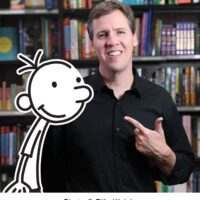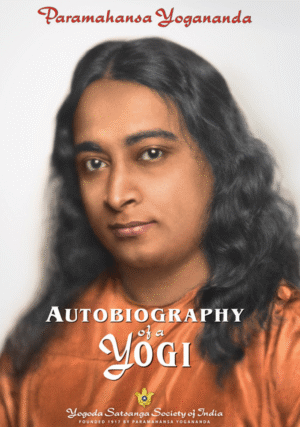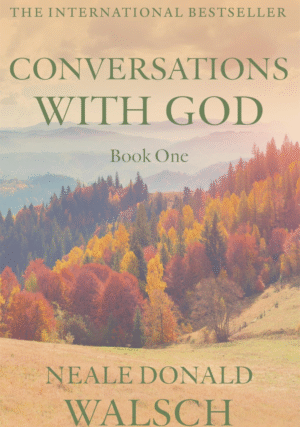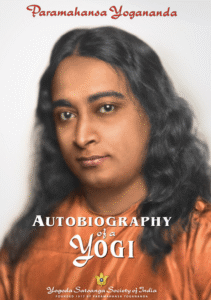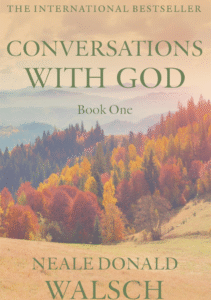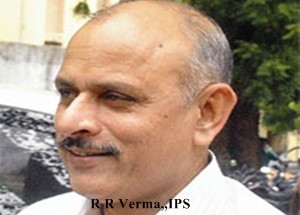
RR Verma
About the author
Mr. RR Varma was born in a remote but picturesque village nestled in the serene hills in Himachal Pradesh. He did his primary schooling from there and continued his further education, up to graduation, as a private student, while combining the endeavor of learning and earning. His juggling was the dual challenges of learning and earning with quiet grit.
In the year 1961, he qualified for the Indian Police Service (IPS). In recognition of his meritorious and distinguished services, Mr. Varma has been awarded with Police and President Medals. Throughout his career, his outstanding work led to him receiving the esteemed Police and President Medals, recognizing his dedication and integrity towards the country.
For the last 33 years, he has been an active member of the Yogda Satsang Society of India and practices regular meditation. He enjoys reading, writing, trekking, and mountaineering.
He contributes articles to national newspapers and magazines, and has published three books through Prakash Books, New Delhi. He is the author of “The bhagwat gita” which is one of his bestsellers and is praised for its lucid interpretation and depth . His other book includes culture of enlightenment (2008).
The Mindfulness Pioneer R.R. Varma
The traditional picture of a spiritual author usually includes a tranquil monk meditating in an isolated Himalayan retreat yet R.R. Varma stands as an exception to this stereotype. During his professional years as an Indian Police Service (IPS) officer he handled high-stress law enforcement duties yet maintained an enduring passion for spiritual exploration.
This inner passion? His devotion to Bhagavad Gita along with an unyielding yearning to explore life’s depths beyond the constraints of structure and system.
Duty First, Soul Never Last
As Varma’s IPS journey continued, he grappled with the harsh and gritty realities of public service. Corruption. Crisis. Politics. Public aspirations. It’s war really, just without the arrows and chariots. And perhaps that’s why the Gita connected so deeply with him. Arjuna’s emotional struggles at Kurukshetra wasn’t a historical scenario, it was what he faced daily. “Do I follow orders or my conscience?” “Do I act or desist?” “What is right here in this ambiguous mess?”
So when most read the Gita as theory, Varma lived it as a daily emotional reckoning.
And that is where his greatness lies – not in theory, but in practice.
His Spiritual Backbone: The Inner Path
While outwardly serving the government, Varma quietly stuck to Paramahansa Yogananda’s teachings and was intimately connected to the Yogoda Satsanga Society of India (YSS). He followed the Kriya Yoga tradition, made time for silence, and invoked a meditative state, finding sacred space in a world where ambient noise dictates value.
Varma’s faith wasn’t loud. It wasn’t shrill; nor did it demand notice. It was quietly flowing like a river beneath a busy metropolis.
In interviews and in his book, Varma appears not as a preacher, but rather as someone who has done the heavy emotional lifting-wrestled with his ego, sat in loneliness, and actually asked himself what does “success” really mean. He does not write to display knowledge; he writes to heal.
Retirement is not an ending, it is a beginning.
When he retired from the IPS, rather than fading entirely and moving into near silence, he leaned fully into what has always ignited the inner spark of his being—the Bhagavad Gita.
The best part though? He didn’t write it for the scholars of the world, he wrote it for you and me, and the girl next door trying to figure what to do with her on earth and in her one wild and precious life.
His book, The Bhagwat Gita: Symphony of the Spirit, is informed by his life experience—decades observed the heights and depths of humanity and, through it all, continuing to choose faith, continuing to choose kindness. His writing does not come simply from his head, it comes from the heart of a man who has seen life collapse and be transformed.
A Quiet Mentor
People who have met Varma often remark about his humility. He does not speak with the arrogance or delivery of someone positing as a guru. He is not boastful, and he will talk less than he listens. He serves chai, welcomes you with a smile and asks you a question that leaves you pondering for days. He believes wisdom should be shared—not to show off, and that is how he writes.
There is no spiritual ego present. Just clarity.
Why His Voice Is Important Today
In a world that is full of information and short on wisdom, Varma’s voice is a quiet disruption. He doesn’t tweet hot takes, he doesn’t present himself as a “life coach,” instead he allows his life to let his work speak.
He offers us something uncommon—a blend of spiritual rigour and worldly practicality.
This is not a person who lived on a mountain. He walked into government offices, rode in jeeps through chaotic, war zones, strolled into hotels and real life politics with real people. And yet-valour could be described as his upward glancing soul. That rich combination? That’s what makes the cipher of his words land with heaviness in the soul.
A Legacy In The Making
R.R. Varma may not have resonance of names like Osho or Sadghuru but his work has full-field value as a west loss is timeless. It is not saccharine, it is intensely Andy authentic. His words remind us that spirituality does not mean renouncing the world, it means knowing the world well enough to not have the world crush your spirit towards spirituality .
If you read his book or even just listen to him speak, you feel like you are talking to a grandfather who has once lived the fears and hopes and doubts you did—and now dispenses with kindly wisdom; a wisdom that is timelessly relevant.
The Heart of It All
Ultimately, Varma’s life is an extraordinary message by itself.
You don’t have to make a choice between career and conscience.
You can live your duty but still deeply dream.
You can be spiritual without being excused from society.
And most importantly – you do not have to start early to shine.
Because, he shows, each life is a battlefield, but in our clarity we can have all kinds of symphonies out of even the harshest war.
